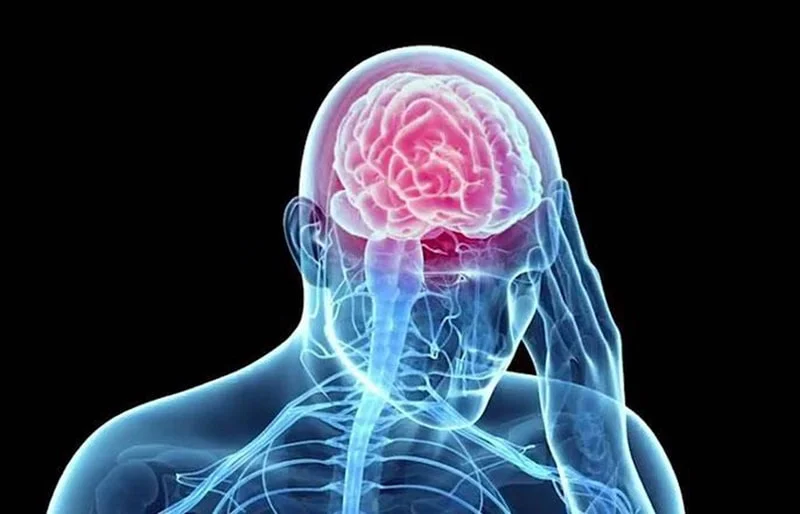What is Neurofeedback?
Neurofeedback is a biofeedback therapy that allows patients to control their brain activity and nervous system. This non-pharmaceutical treatment teaches individuals to regulate their brainwaves, influencing their mood, stress levels, and overall brain function.
Brainwaves are electrical impulses produced by communication between brain cells. These waves provide insight into how well the brain and body are functioning. By using sensors placed on the scalp, a functional neurologist can create a brain map called a QEEG. This map identifies irregular brain activity causing symptoms.
Once your doctor locates the problem areas, they can create a plan to retrain your brain using neurofeedback technology to restore a more efficient state.
How Does it Work?
Neurofeedback is similar to physical exercise. Just as you train muscles with gym equipment, you use neurofeedback technology to train your brain. During a qEEG session, electrodes are placed on your scalp to monitor and amplify your brainwaves. Software records and displays these waves on a screen for you to see.
You will either listen to sounds or play a video game controlled by your brain. Your doctor selects the best activity based on your brain’s needs. As you engage, your brainwaves adjust to reach the optimal state. When your brainwaves stabilize, you earn points, completing the session.
It’s important to note that nothing is “put into” your brain. The software only listens to your brain’s activity and provides feedback, similar to how a doctor uses a stethoscope to listen to your heartbeat.
What is the Time Commitment?
Patients typically need 1 to 2 neurofeedback sessions per week. At least 10 sessions are required to see noticeable results. Research shows that neurofeedback benefits last long-term.
Conditions That Benefit from Neurofeedback
Neurofeedback therapy can help treat various conditions, including:
-
ADHD and Attention Deficit Disorder
-
Brain injury recovery and concussion
-
Migraine headaches
-
Anxiety and depression
-
Chronic pain
-
Epilepsy







